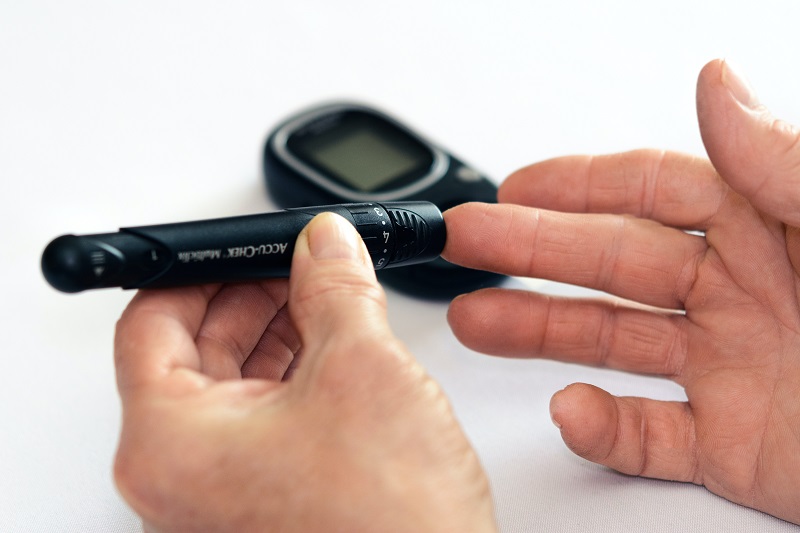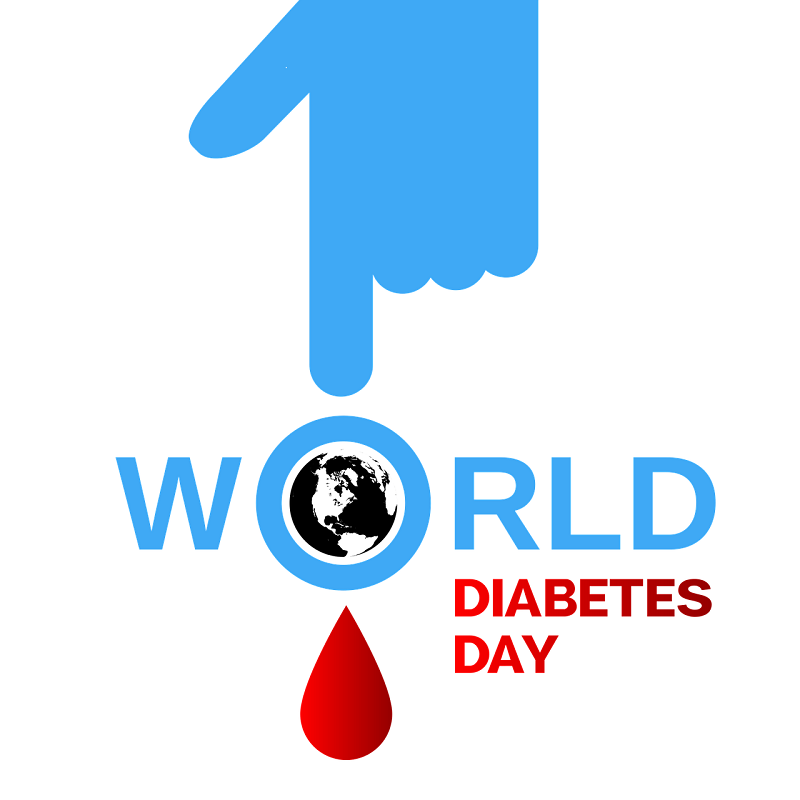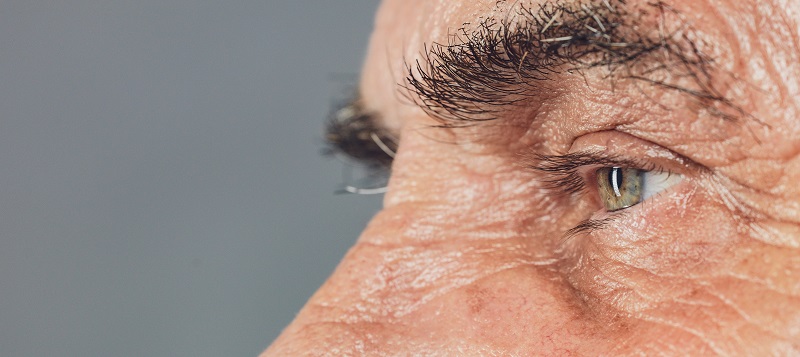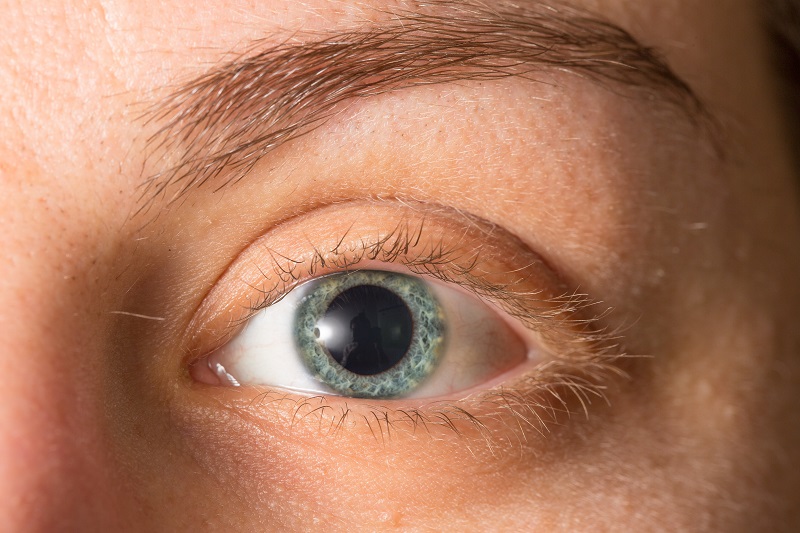
The most effective glaucoma treatment is working with your ophthalmologist to manage your glaucoma. There are currently medications (usually eye drops), laser treatments, and surgeries available depending on the type of glaucoma and the severity. The goal is to reduce the pressure in the eye to decrease the damage to the optic nerve. [Read more…] about Glaucoma Treatment

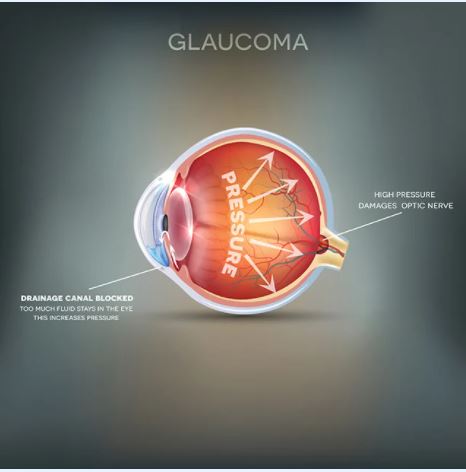
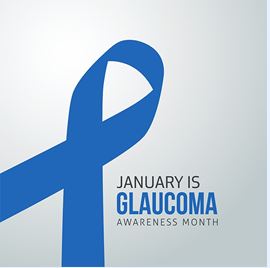
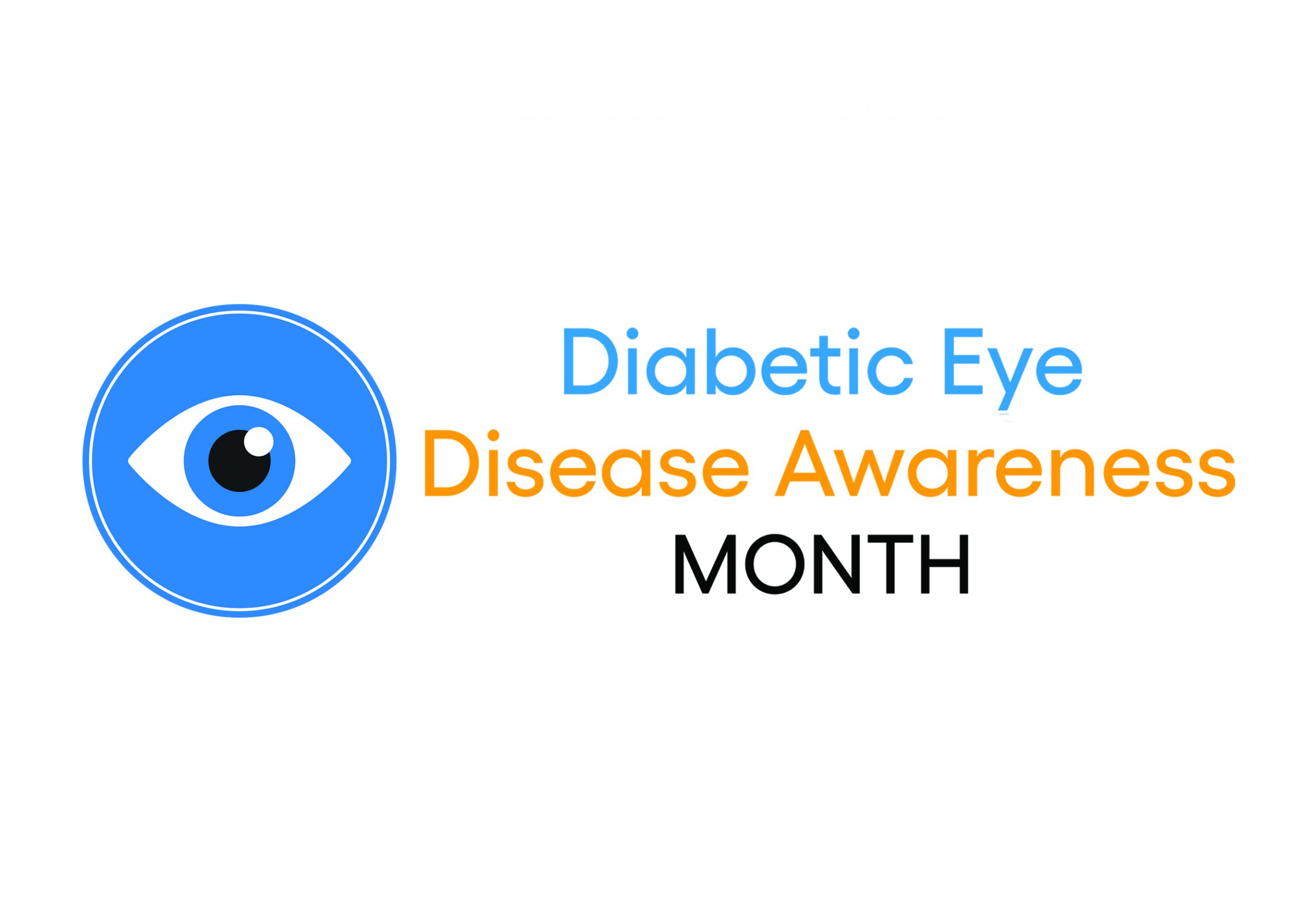 Diabetes can cause problems with your eyes. Glaucoma, diabetic retinopathy, diabetic macular edema, and cataracts are common conditions that affect many diabetics. It is important to manage your diabetes and maintain regular eye exams with an ophthalmologist in order to protect your vision.
Diabetes can cause problems with your eyes. Glaucoma, diabetic retinopathy, diabetic macular edema, and cataracts are common conditions that affect many diabetics. It is important to manage your diabetes and maintain regular eye exams with an ophthalmologist in order to protect your vision.